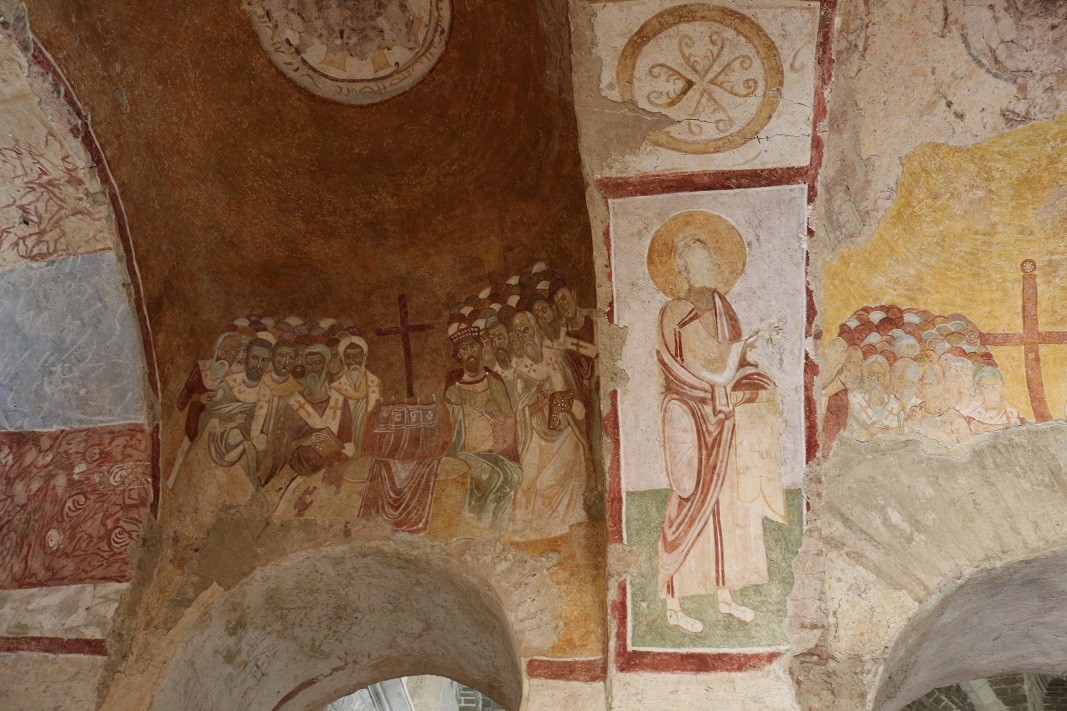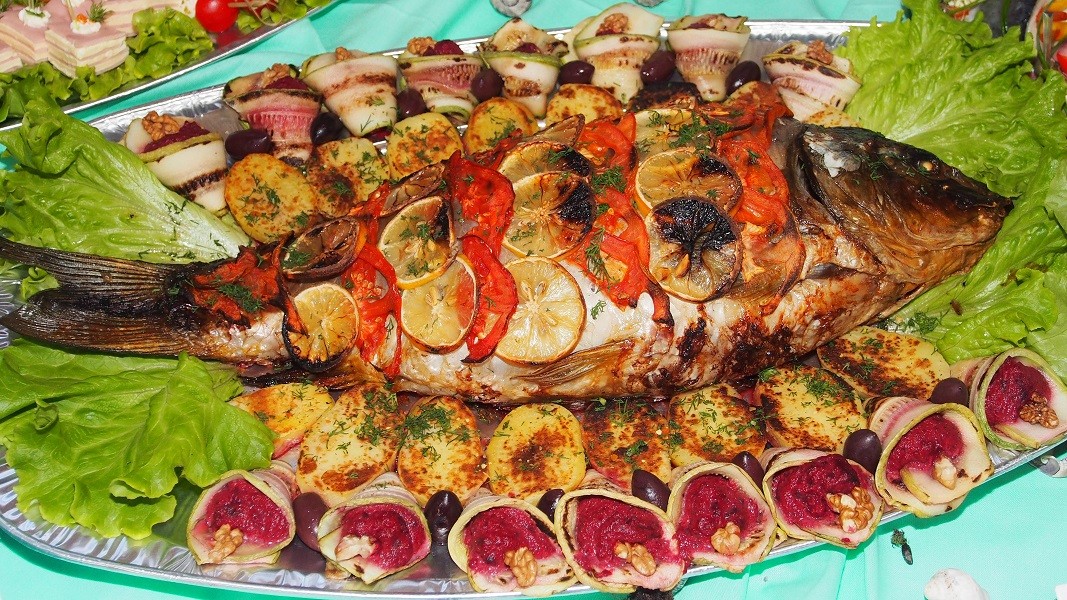If you were to ask a child where Santa Claus was born, you would probably hear the answer - "In Lapland" (or "At the North Pole!"). Actually, even some adults don't know that the original Santa was born centuries ago - he was St. Nicholas, called Miracle Maker, because of the many miracles he performed not only during his lifetime, but also after he left this world. St. Nicholas is commemorated on December 6.

"Rule of faith, a model of meekness, and a teacher of temperance" is what the saint is called in the church hymn sung in his honour.
One of the most famous stories from the life of St. Nicholas is his miraculous victory over a sea storm, which he calmed with his prayers. He also resurrected one of the sailors who had died in the storm.
In folk tales, this moment in the saint's biography is rich in symbols and characters typical of folk imagery. According to them, during the storm the wooden floor of the ship was damaged and water began to flow in from the crack. Saint Nicholas took a fish from the sea and used it to plug the hole. In this way he saved everyone's life. This story explains why on St. Nicholas Day, the Bulgarian tradition is always to have fish on the table, usually stuffed carp.

There are many folk songs and legends that describe the saint with golden wings coming to the aid of people in trouble. He occupies a place of honour among other saints. Here is a Christmas story: Nicholas sits on a golden throne, and the other saints stand beside him. A miraculous tree grows, a symbol of the tree of life. Its branches are in the blue sky and its roots in the white Danube, under the tree - a table of honour. A bucket of wine is placed on their table, and a silver goblet in the red wine.
How did St. Nicholas become such a popular Santa Claus?
In short, it happened in the early 17th century when Dutch settlers in North America founded the colony of New Amsterdam (now New York). Among the customs they brought from their homeland was the exchange of gifts on the saint's day. In their language he was called Sinter Klaas, and in English, St. Nicholas, who later became Santa Claus - generous and kind, as evidenced by the Life of the Miracle Worker.
St. Nicolas, Santa and the Bulgarian Nikulden
In Bulgaria St. Nicholas the Wonder Worker is venerated as the patron saint of fishermen and sailors, but also of merchants, blacksmiths and hunters. On this day, all those who bear the name Nikolai, Nicholas, Nikolina, as well as fishermen, today's employees of the fleet, bankers and merchants celebrate.Happy holiday!
20 nominees from 11 countries – that is the number of contenders for the “Bulgarian Woman of the Year 2024”, named in honour of Saint Zlata of Meglen . The award has been presented every year since 2009 by the Executive Agency for Bulgarians Abroad..
An initiative committee led by the historian Georgi Markov, has proposed that a monument to Khan Asparuh, the founder of the Bulgarian state, be erected on the site of the former Soviet Army Monument in Sofia, in order to serve as a unifying symbol for..
The Bulgarian dance group “Dilmana” based in Copenhagen will celebrate 15 years since its establishment with a celebration on October 18, the formation informed on its Facebook page. Dance group Dilmanа from Copenhagen to perform at the folklore..

+359 2 9336 661
